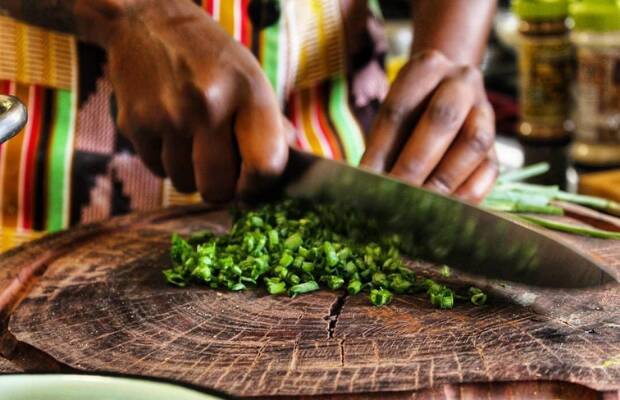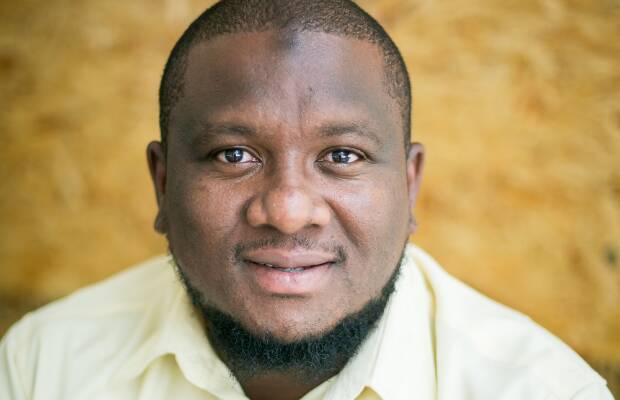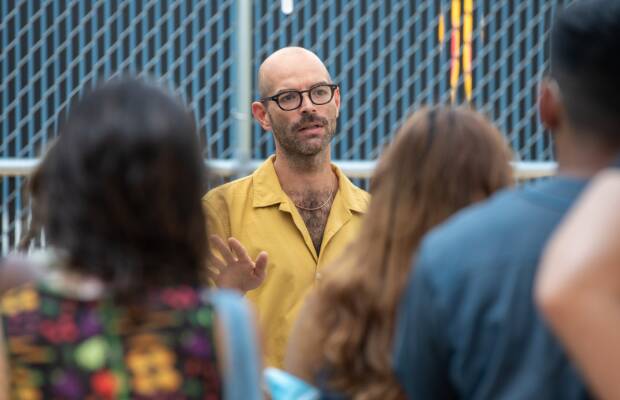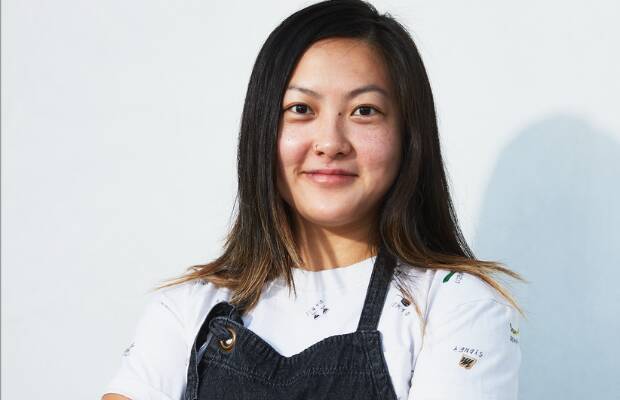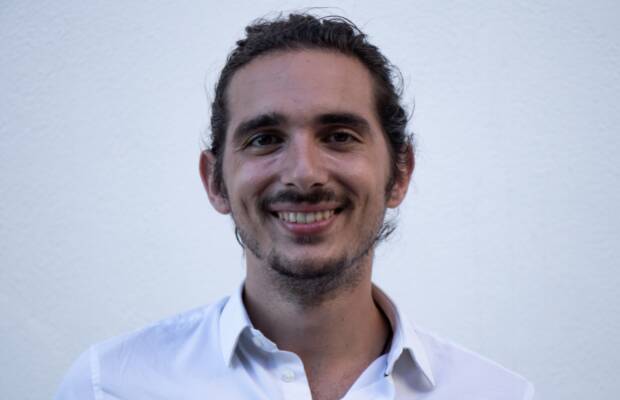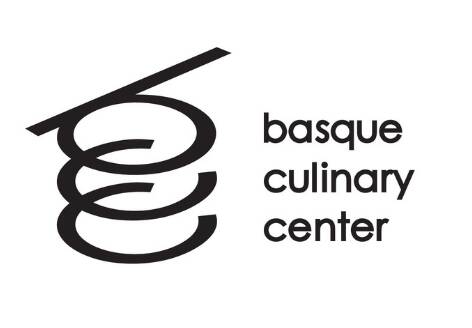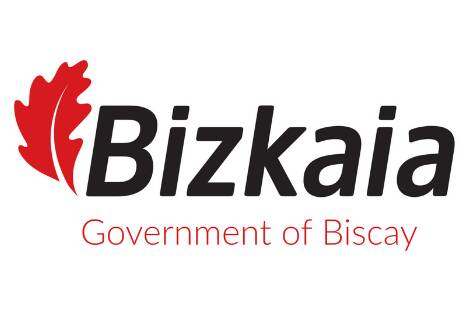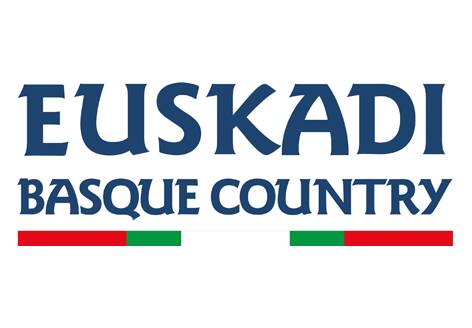33 / Harare, Zimbabwe
The Zimbabwean chef challenging perceptions of vegan cuisine
Born in Harare and raised in New York, where her mother worked as a diplomat, Chef Cola’s idea of cooking was shaped by both African and western cuisines. She studied hospitality management and worked in several restaurants before discovering plant-based cooking at a restaurant in Cape Town. From then on, she was committed to veganism, starting African Vegan on a Budget in 2016 with the aim of presenting the advantages of a plant-based diet in terms of health and animal and environmental conservation.
Extending her work to communities, Chef Cola also collaborates with the International Anti-Poaching Foundation (IAPF) on a pioneering vegan conservation programme that empowers disadvantaged women to restore and manage a network of wilderness areas as an alternative to trophy hunting. She is also a queer representative who speaks up for LGTBQI+ community rights. In the future, she aims to keep shaping the industry by creating plant-based kitchens across Africa in areas where meat is the main ingredient of every meal.
“As an African, I was raised to think that meat equals wealth. If you don't consume meat, you are considered poor. The irony is that most people in rural and urban communities cannot actually afford meat because of our tight economic conditions.” – Nicola Kagoro


